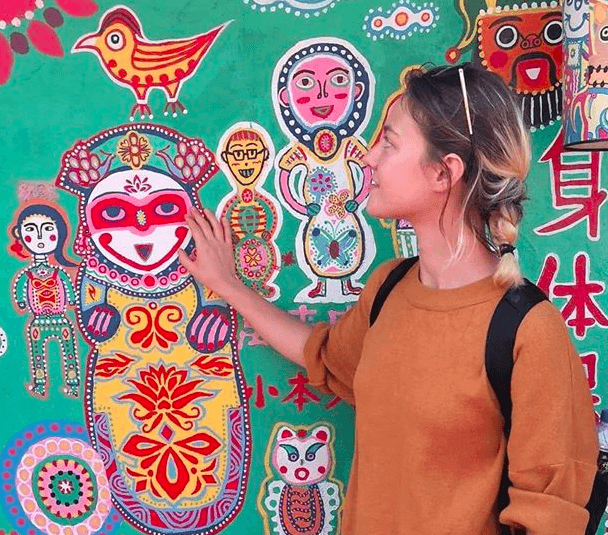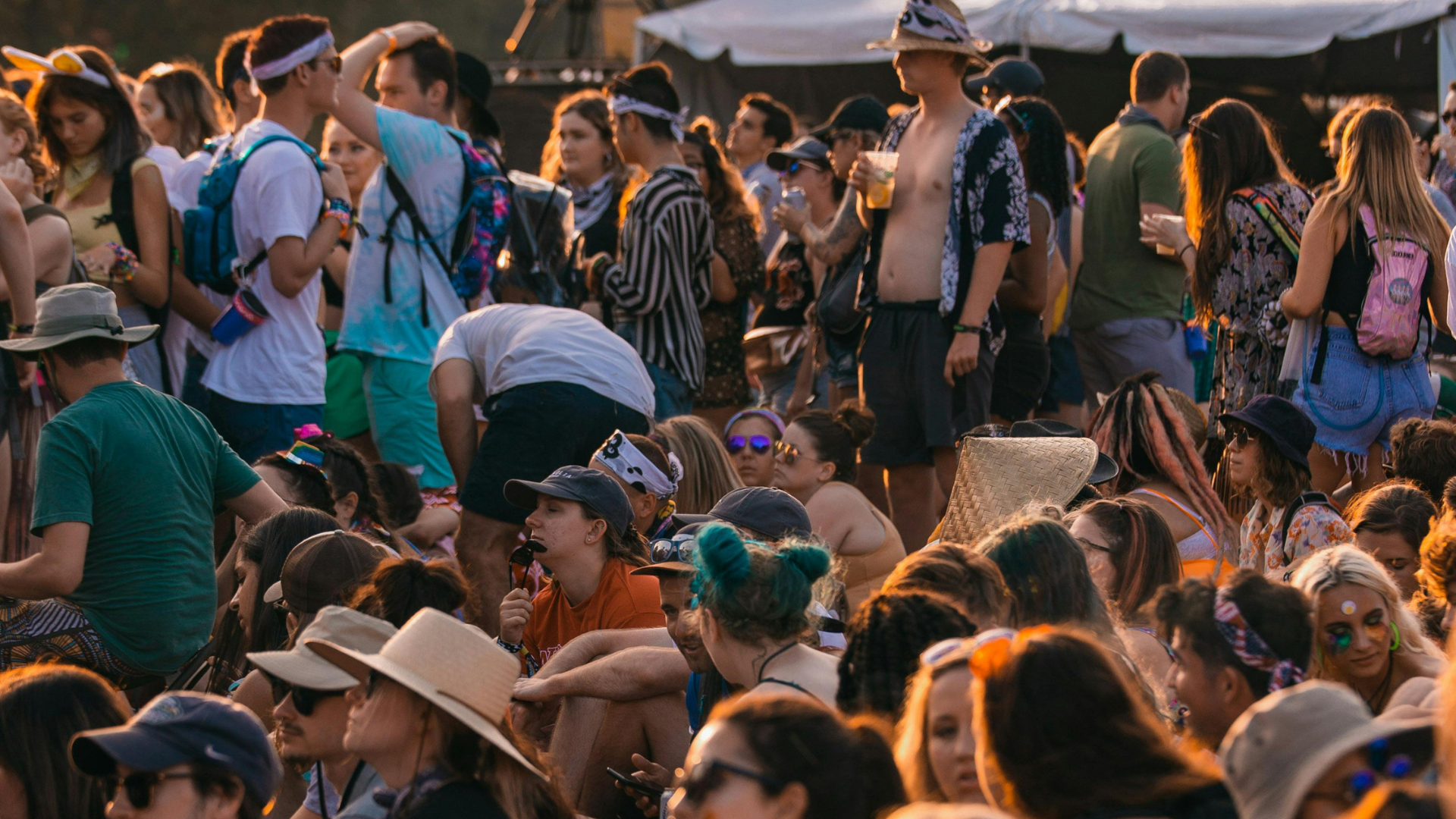As children, we’ve all heard this infamous question: “what do you want to be when you grow up?” Initially, it may seem like a fun mental exercise – a chance to fantasize about all those awesome roles we can play. The possibilities seem endless!
But as we grow up, we tend to realize that our freedom isn’t as absolute as we thought. Instead, we start becoming more and more aware of our limitations. This, in turn, makes it much more stressful to figure out who we want to be.
Social pressures
During the last decade of my life, the question of who I wanted to be became a daunting issue. It wasn’t just about me anymore: the people around me (family, teachers, friends) seemed to have all kinds of ideas about what I ought to do with my life. Because of their opinions and expectations, it seemed almost impossible for me to make an authentic decision about my future. I wanted to live in a way that was true to myself. But how could I know which ambitions actually came from myself, instead of other people? 
It seemed impossible for me to make an authentic decision about my future.
What I experienced is something that a lot of people go through. It’s unpleasant, but in a way, it’s part of growing up. For instance, we might feel pressure from our parents because they compare us to our siblings, or because they put all their savings aside for our education. Plus, we might feel uncomfortable during conversations with peers who are more confident about their plans. We all know those people who seem to have everything figured out in advance, from their dream career to their ideal love life.
Self-narratives
It’s no wonder that social pressures have such a huge influence on our decisions: our “self” is largely determined by interactions with others. Let’s say you took a painting class as a kid, and someone made a mean comment about your art. That probably hurt your feelings, and might have made you think that you had no artistic potential. Even worse, that might have led you to avoid artistic activities for years.
According to social psychologists, our brains are wired to create a “self-narrative” (a.k.a., a story about who we are) by interpreting certain events in a specific way. Whenever we have to make a decision, especially one that alters our future, we’re influenced by that narrative. For example, a person who was told early on that they were bad at art might struggle to pursue artistic endeavours, because their self-narrative tells them that they’re “just not the creative type.”
Self-narratives may be an essential part of how we form our identity, but they have their blind spots. After all, they’re based on subjective interpretations of events. Additionally, research has shown that the human brain actively alters memories as it tries to recall them! As a result, our ideas about who we are – and the limits we set for ourselves – are often based on emotions more than on actual facts.
Alternative ways to see selfhood
Fortunately, there are other ways to conceptualize the self. For example, Taoists hold the view that the self is boundless and fluid. Who we are isn’t limited to what we’ve done and what has happened to us. We are both what we do and what we don’t do, who we are and who we could potentially be.
Even if we don’t fully subscribe to this definition, it’s a good reminder of something we forget too easily: our identity is not fixed in stone. We change as we grow up. The stories created by our brains can give us a rough sketch of who we are, but we get to put in the colours – and no one said we had to stay inside the lines.
It’s never easy to decide who you want to be, and I’m sure I’m not the only one who misses that childhood feeling of infinite possibility. Sure, we may not get to play all the awesome roles we dreamed of as kids. But we do have the power to step out of our comfort zones and try new, scary, exciting things. And we definitely shouldn’t let who we think we are – or who others think we are – stop us from being who we can be.
Need to get something off your chest?
Book a free vent session today.




